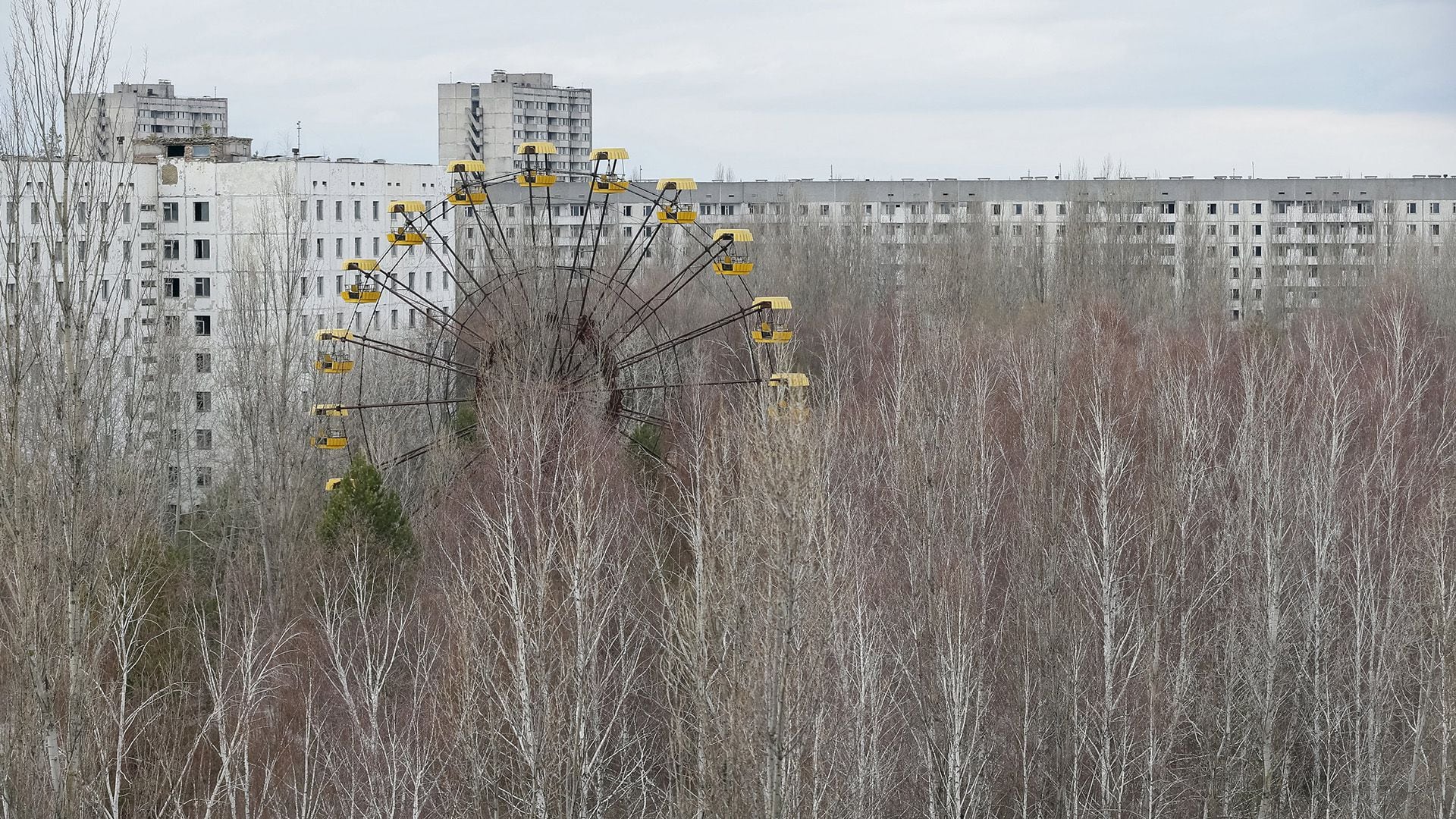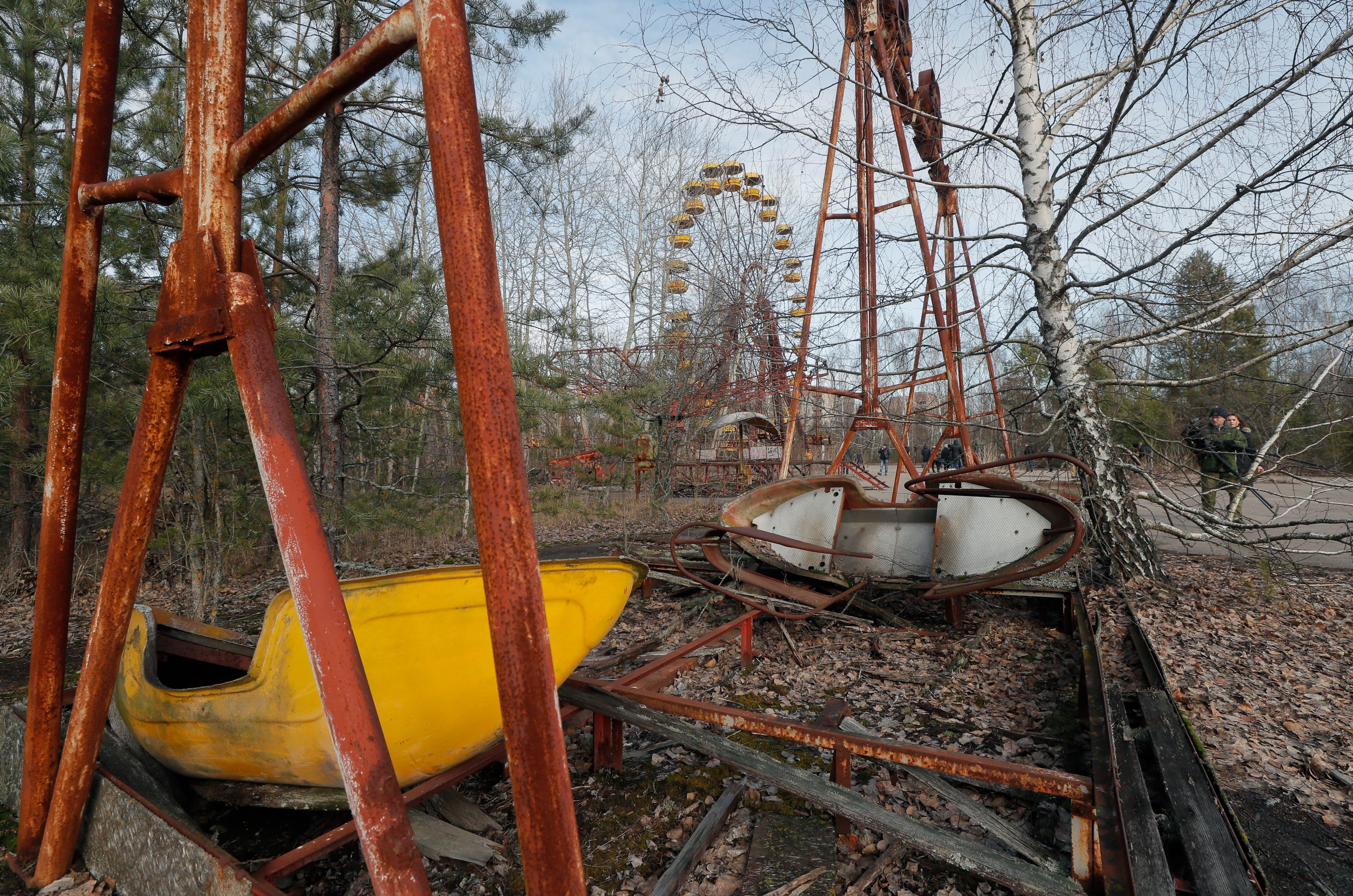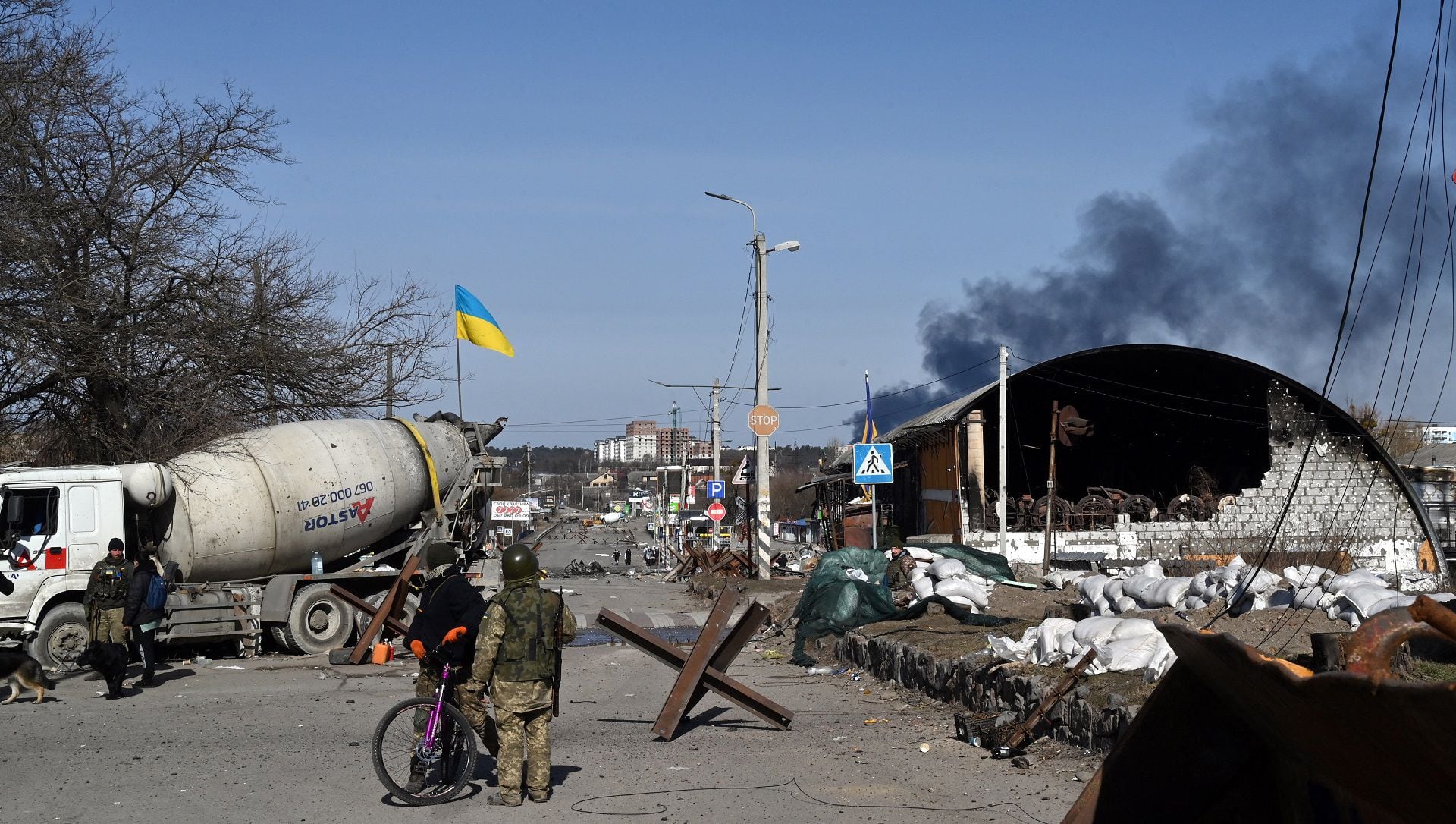
Taking control of Chernobyl had been one of Vladimir Putin's first and fundamental objectives when he embarked on the invasion of Ukraine on 24 February. And when he succeeded, just a few hours after his military incursion, the world trembled.
“It is impossible to say that the Chernobyl nuclear power plant is safe after a totally senseless attack by the Russians,” said Mykhailo Podoliak, advisor to the director of the plant where the biggest nuclear disaster in history occurred, in 1986. A video showed Russian tanks and armored vehicles standing in front of the destroyed reactor, which is located only 95 kilometers north of the capital, Kiev. For his part, President Volodomir Zelensky denounced that the Russian incursion into the exclusion zone of the Chernobyl nuclear power plant was “a declaration of war against all of Europe”.
However, when a little more than a month has passed since the invasion, and with the war showing no signs of ending, on Thursday it became known that the troops Russians had “in writing” transferred control of the plant to Ukraine. The news, in addition to generating tranquility in the international community, raised the questions: What happened at the old power station to make Putin agree to resignate his dominion over the strategic place?

Energoatom, the Ukrainian state-owned company that regulates nuclear energy, reported via Telegram that Russian troops had been exposed to radiation after erecting “fortifications” and excavating trenches “in the middle of the 'red forest', the most polluted in the entire Exclusion Zone” around Chernobyl.
“It's no surprise that occupants received significant doses of radiation and panicked at the first sign of illness. And it manifested itself very quickly. As a result, almost a riot broke out among the military,” Energoatom added.
Quoting Ukrainian sources, Bloomberg also reported that Russian forces were exposed to radiation by digging trenches around the nuclear facility, and that “that was what prompted the Kremlin to return, in writing, control of the facility to Ukraine.
An employee of the plant, quoted by The Independent newspaper, said that the act was “suicidal” for the soldiers because the radioactive dust they inhaled probably caused internal radiation in their bodies.

According to Yaroslav Yemelyanenko, a member of the Ukrainian State Agency for the Management of the Exclusion Zone, the affected Russian soldiers had been transferred in seven buses to Belarus.
The 'red forest', so named because tens of square kilometers of pine trees were stained red after absorbing the radiation from the explosion, is considered so polluted that even workers at the nuclear power plant cannot enter there.
“No one goes in there... for God's sake. There is no one there,” said Valery Seida, acting general director of the Chernobyl plant, who was not on site at the time of the Russian invasion.
According to the same source, a report on February 25 established that radiation levels in Chernobyl had increased due to heavy military vehicles that are altering the ground, but the details of exactly what had happened had not emerged.

After capturing the plant, the Russian army indicated that the radiation was within normal levels, and that its actions prevented possible “nuclear provocations” by Ukrainian nationalists.
However, the IAEA, whose director general, Rafael Grossi, traveled to Russia today after visiting Ukraine, “has so far been unable to confirm” reports of Russian soldiers who have received high doses of radiation.
The IAEA - the agency of the UN system responsible for ensuring the peaceful use of atomic energy - said it continues to “seek more information to provide an independent assessment of the situation.”
Keep reading:
Últimas Noticias
Debanhi Escobar: they secured the motel where she was found lifeless in a cistern
Members of the Specialized Prosecutor's Office in Nuevo León secured the Nueva Castilla Motel as part of the investigations into the case

The oldest person in the world died at the age of 119
Kane Tanaka lived in Japan. She was born six months earlier than George Orwell, the same year that the Wright brothers first flew, and Marie Curie became the first woman to win a Nobel Prize

Macabre find in CDMX: they left a body bagged and tied in a taxi
The body was left in the back seats of the car. It was covered with black bags and tied with industrial tape
The eagles of America will face Manchester City in a duel of legends. Here are the details
The top Mexican football champion will play a match with Pep Guardiola's squad in the Lone Star Cup

Why is it good to bring dogs out to know the world when they are puppies
A so-called protection against the spread of diseases threatens the integral development of dogs




